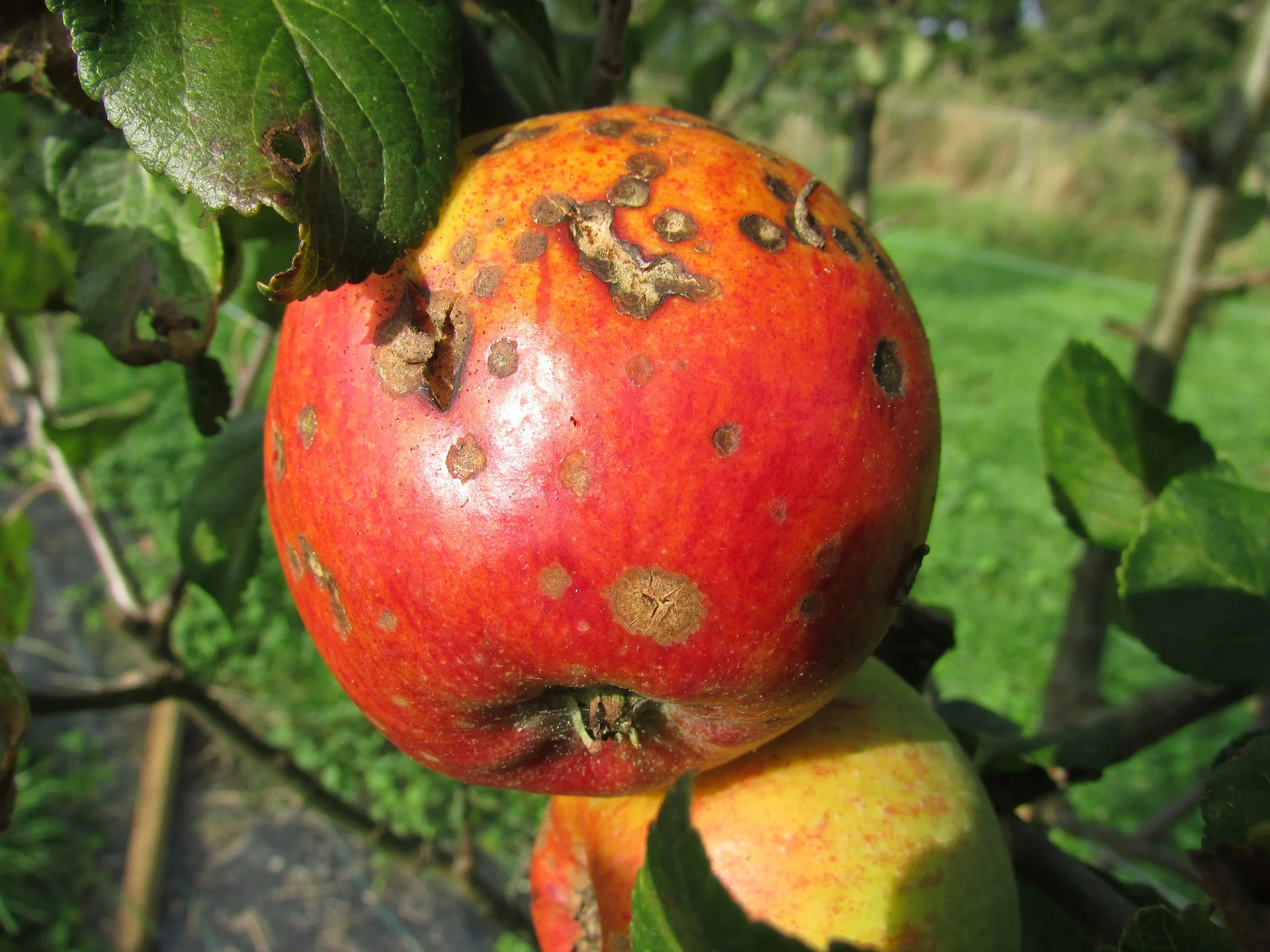Traits of a Godly Person: Diligence
When I began taking a look at the first chapter of 2 Peter, I briefly went over each of the Godly traits listed as I went through the passage. I came to the conclusion, that each of these traits is so important that they deserve their own day in the sun, so to speak. So, if some of these ideas seem repetitive, that is because they are. Ha, ha. But you probably already know, repetition is often the way we learn. Though memorization no longer comes easy to me, when I was younger, it was through repetition that I memorized large portions of scripture and made it through classes in college like Anatomy and Physiology. That being said, let’s review this idea of diligence.
Websters online dictionary defines diligence in the following ways:
- steady, earnest, and energetic effort : persevering application
- speed, haste
- the attention and care legally expected or required of a person (such as a party to a contract)
Image by Martin Melicherik from Pixabay
In my original post regarding verse 5 of 2 Peter 1, I compared the diligence we are commanded to have in the Christian life to the diligence of things like worker bees and ants. You can see that original post here. When it comes to the insect world, ants have earned an reputation as one of the most hard working and diligent creatures. They can also be a pain if they are invading your pantry or other parts of your house or yard. Ha, ha. Even the Bible speaks highly of the little ant.
“6 Go to the ant, O sluggard,
Observe her ways and be wise,
7 Which, having no chief,
Officer or ruler,
8 Prepares her food in the summer
And gathers her provision in the harvest.
9 How long will you lie down, O sluggard?
When will you arise from your sleep?
10 “A little sleep, a little slumber,
A little folding of the hands to rest”—
11 Your poverty will come in like a vagabond
And your need like an armed man.”
Here is a short PBS video on the leaf cutter ant.
There are several characteristics these ants have that show diligence.
1 - Hardworking.
As you can see from this video, the ant is never sitting around watching Netflix. He is constantly working, doing his part for the survival of the community. He doesn’t take coffee breaks, go to movies or get a pedicure. He works hard, all the time.
Image by Bruno Glätsch from Pixabay
If you look at the people in your circle I bet you can pick out the movers and shakers. They are the ones who work hard. They work a job, raise their families, volunteer. host gatherings at their homes, and go to their kids games. They just seem to be moving, and doing all the time. Most of these people are the ones who get things done. They organize, prepare or take the initiative to get others to do these jobs. These people make me tired! Ha, ha.
Before you panic, that I am saying we should all be that way, I am not. However, I do believe we can all be hard working like the ant. Yes, some of us need more sleep, need more alone time and cringe when we have to go to another social engagement, but there are many ways to be a hard working diligent ant. You can cook or bake for shut ins and new moms, you can clean or drive when these services are needed. Maybe you love to buy and send cards, then you do the hard work of encouragement. Everyone needs down time, but let’s make sure we are all hard working as well.
2 - Focused.
Here is that word again. Focus. The ants are all individually focused, not on themselves, but on what their job is within the community. They don’t think about the job, they just do it. They don’t question why or whether this is the right job for them, they simple focus on getting the job done.
How focused are you on a daily basis on your work, your home, your family, and your spouse? Or are you focusing on yourself? Imagine if any one of those busy ants decided they didn’t like what they were doing? Or suppose numerous ants decided to go on strike? In the natural world, those ants would probably become ant poop and the community would keep on functioning as normal. In the human world, one person’s self focus and dysfunction can become a trial and difficulty for many other people.
Focus on the good of the community is of primary importance for the diligent ant and should be for us as well.
3 - Team players.
When we think of team players we usually think of sports. Football, basketball, baseball, and many others involve players working together to win the game. There are other team players in our society as well, such as fire fighters, police officers, soldiers and doctors. Even retail businesses work like a team to deliver products to the people who need or want them.
Team work in our communities is just as important as in the leaf cutter ants’ communities. Working as a team allows for the best outcome or the win, as it is in sports. Just imagine the picture above, an operating room, where the surgeon, nurses, anesthetist and other caregivers are not on the same team? The outcome would be devastating. In the same fashion, if the ants did not work together as a team, the community would not survive.
How do we take all this information and apply it to our lives as Christians and what does all of that have to do with diligence?
In my life as a Christ follower, I need to be hard working, focused and a team player in my relationship with God and with others. Things like reading God’s word and prayer are hard work, but absolutely worth while. Becoming more Godly, takes focus, and other people. We are not an island, unlike Paul Simon believed. We are meant to be part of a body. That body might include your family, the church and others who encourage you to keep growing and challenge you to not become an ant that is self-absorbed.
In addition, becoming more Godly takes a diligent approach in our relationship with the Holy One Himself. If we are diligent in our jobs, our families, our churches and other areas of life, how much more so, should we be diligent in our faith and relationship with Jesus?
My husband and I have been without a home church for three years now. We both know this is something we need to focus on and be diligent about finding. We know how important it is to be accountable to others and to be challenged in God’s word on a regular basis. Until that time we find a new church, I thought it would be helpful in my own life to really get back to regular Bible reading. Doing these studies for the blog does help keep me in the word, but both my hubby and I used to read through the entire Bible on a regular basis. I was told about an app I could download to my phone that does just that. I don’t get to it every day, but I like the freedom of being able to listen to the Word spoken when I am doing my make up, eating breakfast or doing the dishes. This is a way to be diligent in my relationship with Christ.
Diligence takes work, focus and it certainly helps to have others keeping you accountable. What areas of your life do you need to have more diligence? Is there a specific area that God is convicting you needs to come under His authority? How can you make this happen by being more diligent?
Here are a few verses to think over on diligence. Thanks for following along. I’d love to hear your thoughts on diligence in your own life. Leave a thought in the comments.
Have a great day.
“Therefore, beloved, since you are waiting for these, be diligent to be found by Him without spot or blemish, and at peace.”
“Whatever you do, work heartily, as for the Lord and not for men,”
“Keep your heart with all vigilance, for from it flow the springs of life.”
“I press on toward the goal for the prize of the upward call of God in Christ Jesus.”
“Whatever your hand finds to do, do it with your might.”





















































